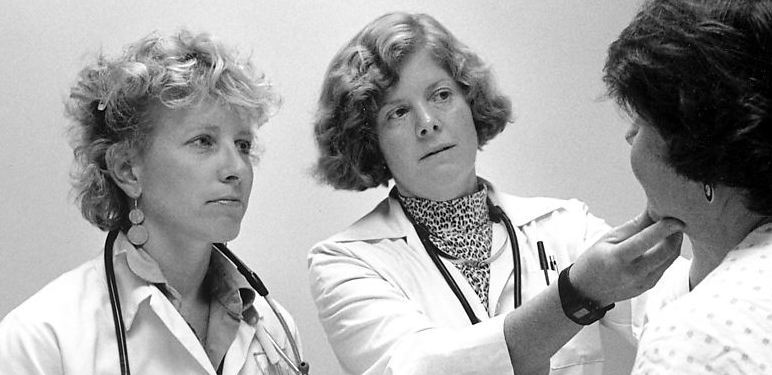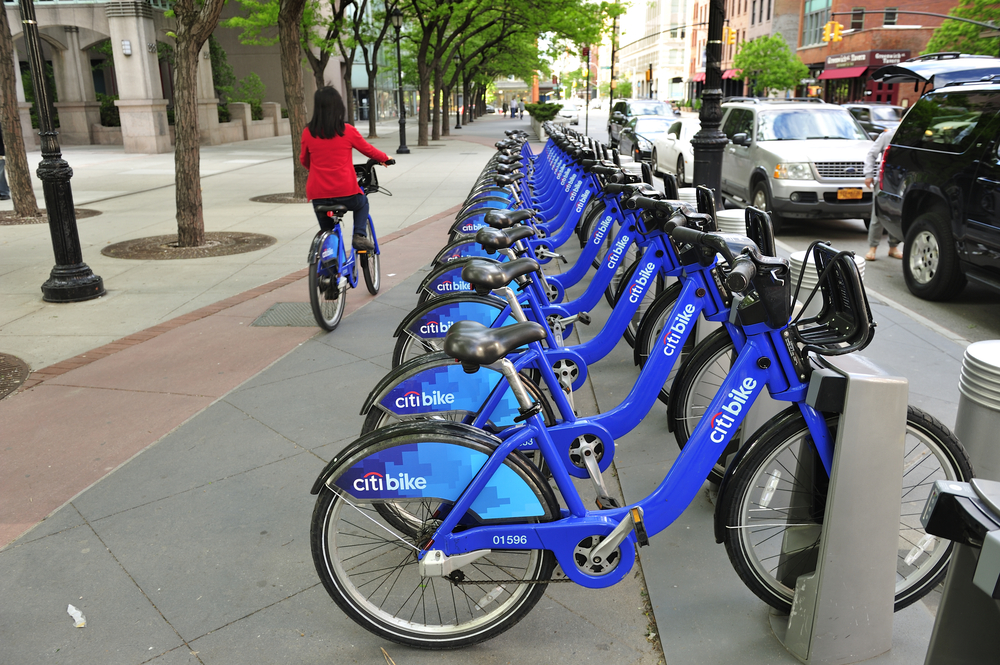
A friend of mine, a fund manager, described his experience of the financial crisis of 2008. His fund was based in one of these mid-town Manhattan office towers they call a Hedge Fund Hotel. In those early days when the crisis set in, my friend could arrive at work relaxed, but then he’d be in an elevator with all those other people who run money, and the panic would spread from eye to eye in that elevator. By the time he walked into his own office he was an emotional wreck.
The global climate crisis has failed, in many instances, to generate the same kind of emotion that the global financial crisis evoked on Wall Street. The people with a common stake in climate catastrophe have yet to ride in that elevator together and exchange eye contact. They don’t communicate their fears face to face.
Climate change is not so much a technological or scientific problem as it is a social and political one. We may have hoped for international cooperation on carbon emissions in the way that we succeeded on CFCs regulation for ozone layer protection, but instead we’ve seen the big players dealing in spectacularly bad faith. Even this week’s big climate deal announcement looks like it might not survive domestically.
One possibility is that the nation state is not the level best-suited to tackle climate change. A couple of years ago, I was giving a talk in London about Arctic oil extraction, and a guy called Mark Watts approached me afterward. He runs C40, a network of 69 megacities taking leadership on climate change, and hosts bi-annual Mayoral conferences (climate change panic elevators, for our purposes). Each city has made a public commitment on carbon reduction and resilience, and the C40 group has sub-networks for mentoring and assistance with the nitty gritty.
Aside from climate change being a largely urban problem – the sites of both its exacerbation and the bulk of its human victims – cities are better placed politically to take action. Municipal politics is a strange beast, sometimes comical in its corruption and local bickering, but it doesn’t face the same diplomatic hurdles to cooperation as the nation state does. War and trade disputes are more distant prospects, and city governments are used to down-and-dirty infrastructure tasks and practical decision-making – the kind of pragmatic thinking we need to follow through on carbon commitments.
For real action on climate change, my hope is no longer with the big international climate conferences. C40 has hit on a leverage point in a complex system. After a few years of tracking any baby steps their member cities chose to report, C40 has stepped it up this year. Accountability and transparency are the watchwords going forward, and cities will be judged on their performance and fidelity to carbon commitments. If mayors want to boast their successes among their peers, they have to pony up the evidence. It’s peer pressure at its best. That’s the way social innovation actually happens.
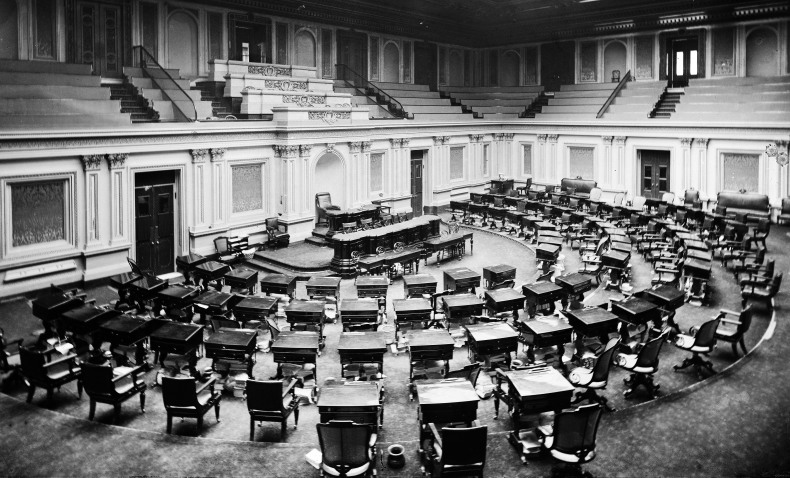


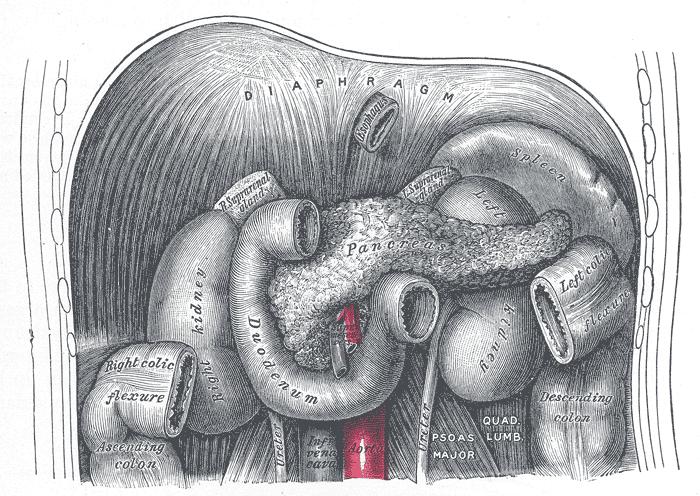
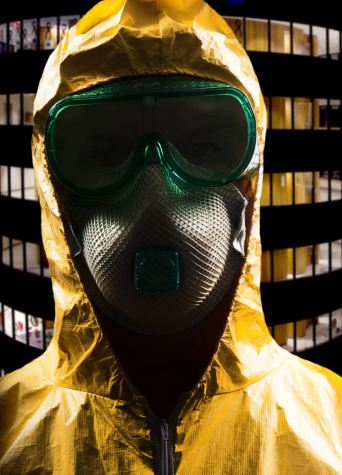
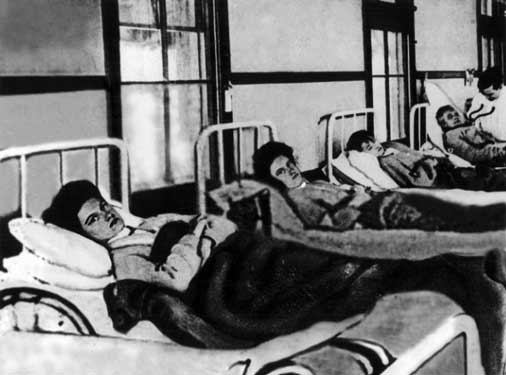 lop ebola. In the days before he died, Duncan infected two nurses. Last month, a New York doctor who had been working with Doctors without Borders in Guinea was diagnosed with the disease, becoming the fourth person to develop the disease in the US. The case count is vanishingly small, yet the infections have sparked a highly contagious epidemic of fear and prompted some states to adopt draconian quarantine policies.
lop ebola. In the days before he died, Duncan infected two nurses. Last month, a New York doctor who had been working with Doctors without Borders in Guinea was diagnosed with the disease, becoming the fourth person to develop the disease in the US. The case count is vanishingly small, yet the infections have sparked a highly contagious epidemic of fear and prompted some states to adopt draconian quarantine policies.